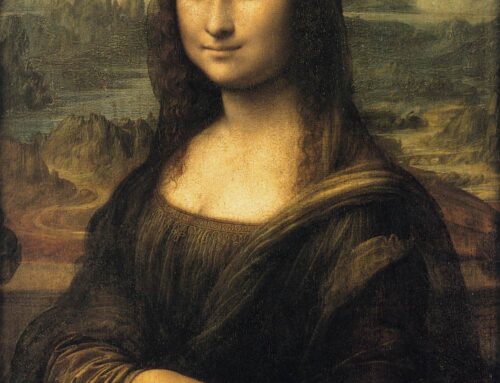It is a less known fact that in addition to his breakthrough discoveries in astronomy and mechanics, Galileo was also remarkably knowledgeable in the humanities. He studied drawing (a skill which he later used to present his observations of the Moon), was passionate about the great Italian poets Dante and Ariosto (at age 24 he had already delivered two lectures on Dante’s Inferno) , wrote an essay comparing the art of painting to that of sculpture, and was consulted by contemporary great painters such as Cigoli and Artemisia Gentileschi.
Is there a need for such “Renaissance people” today?
An examination of research by University of Chicago psychologist Mihaly Csikszentmihalyi suggests that perhaps there is. Csikszentmihalyi investigated the nature of human creativity by drawing on nearly a hundred interviews he had conducted with creative people from a range of disciplines. He concluded that while being a prodigy did not appear to be a requirement for later creativity, an unusually intense curiosity did seem to be a prerequisite. In this respect he noted that: “Practically every individual who has made a novel contribution to a domain remembers feeling awe about the mysteries of life and has rich anecdotes to tell about efforts to solve them.”…
The story of physical chemist and Nobel Laureate Ilya Prigogine provides a wonderful example of the complex (but fruitful) path through which curiosity can lead to creativity.
Like Galileo, Prigogine’s initial interests were in the humanities. Under pressure from his family he started to study law (Galileo’s father pressured his son to study medicine). This led Prigogine to an interest in the psychology of the criminal mind, which was followed by him immersing himself in neurochemistry, in an attempt to decipher the underlying processes in the brain. Realizing, however, that neuroscience was not yet at a stage where it could either explain or predict human behavior, he decided to start instead with the most fundamental processes — the basic chemistry of self-organizing systems (and that’s where he made his remarkable contributions)….
The fact that wide-ranging interests and broad knowledge can inspire prodigious creativity, argues for a renewed shoutout for “Renaissance people” in the modern world.
For other posts on science and the humanities, see here









Leave A Comment